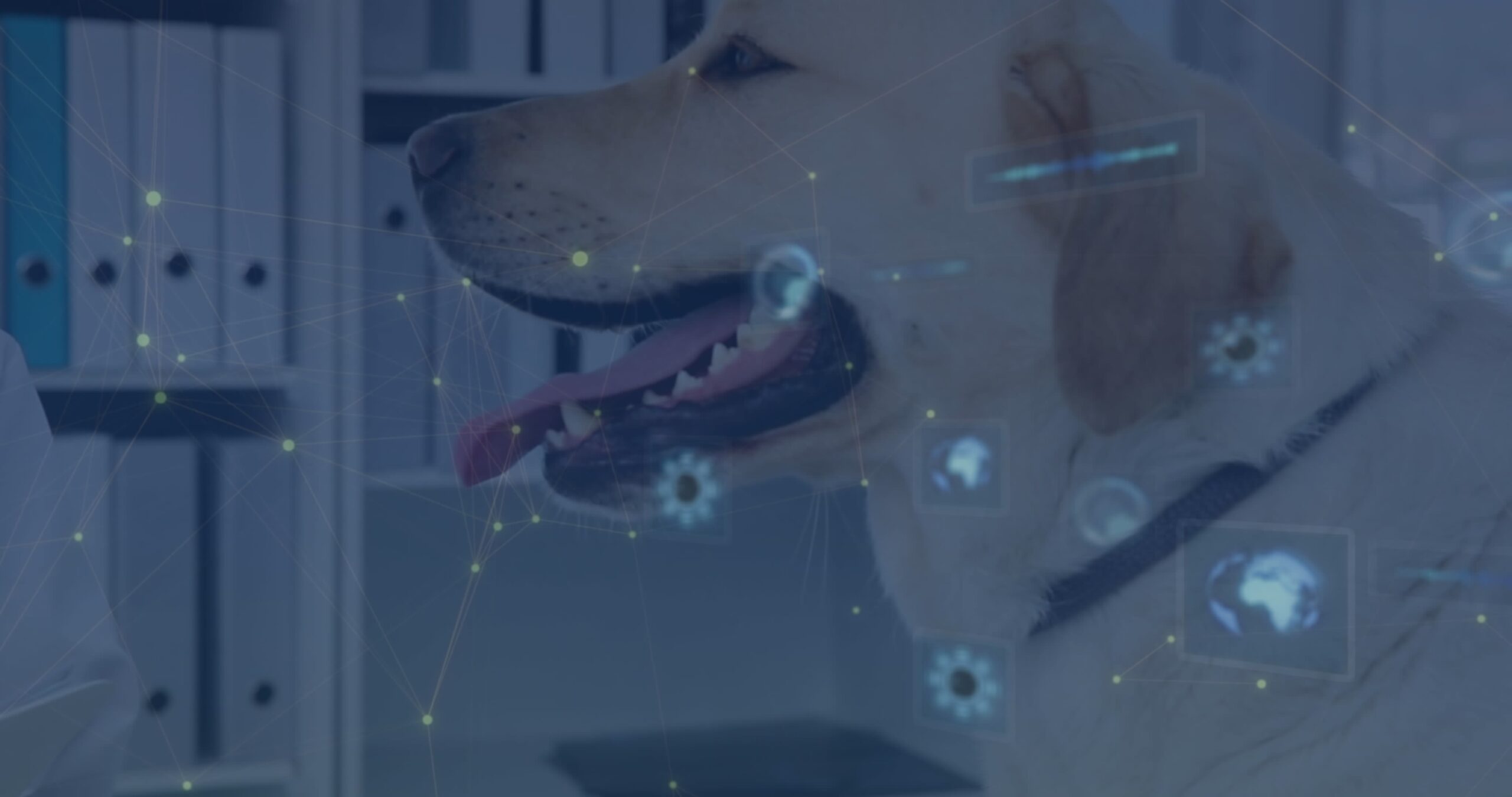
FPF-Sponsorship-Prospectus-Singles-Brussels-Privacy-Symposium-UPDATED-2.4.2025
Please contact [email protected] for more information. $3,500–$7,500 Varying levels of sponsorship available All amounts shown in USD AUDIENCE FPF Members, Academia, European privacy professionals The Brussels Privacy Symposium is a global convening of practical, applicable, substantive privacy research and scholarship, bringing together policymakers, academic researchers, civil society, and industry representatives. The Brussels Privacy Symposium is […]

FPF-Sponsorship-Prospectus-Singles-Annual-Advisory-Board-Meeting-R2_Updated-2.4.25
Please contact [email protected] for more information. FPF ANNUAL ADVISOR Y BOARD MEETING $4,000–$10,000 Varying levels of sponsorship available AUDIENCE 100+ of the top corporate privacy leaders, members of civil society, and leading academics from around the world FPF ANNUAL ADVISORY BOARD MEETING BREAKFAST SPONSOR • $6,000 • 2 available; sponsor 2 for $10,500 » […]

FPF-Sponsorship-Prospectus-UPDATED-2.4.25
SPONSORSHIP PROSPECTUS 2025 FPF SPONSORSHIP PROSPECTUS | 1Please contact [email protected] for mo re information. Why choose to sponsor with FPF? ❱ FPF brand associated with global thought leadership ❱Acces s to senior-level privacy professionals with purchasing influence and authority ❱ Recei ve international visibility within the data protection and privacy community ❱ Abili ty to […]

FPF-Sponsorship-Prospectus-Singles-Privacy-Executives-Summit-R2_Updated-as-on-1.31
Please contact [email protected] for more informatio n. The Privacy Executives Summit presents an exclusive occasion for members of FPF’s Advisory Board to connect with their peers. The agenda is centered around peer-to-peer sessions, providing a platform for discussions on the significant challenges in data protection with some of the industry’s brightest minds. $3,500–$7,000 Varying levels […]

FPF-Sponsorship-Prospectus-2025-R2_UPDATED-1.31
SPONSORSHIP PROSPECTUS 2025 FPF SPONSORSHIP PROSPECTUS | 1Please contact [email protected] for mo re information. Why choose to sponsor with FPF? ❱ FPF brand associated with global thought leadership ❱Acces s to senior-level privacy professionals with purchasing influence and authority ❱ Recei ve international visibility within the data protection and privacy community ❱ Abili ty to […]

FPF-Sponsorship-Prospectus-Singles-Brussels-Privacy-Symposium-R3
Please contact [email protected] for more information. $3,500–$7,500 Varying levels of sponsorship available All amounts shown in USD AUDIENCE FPF Members, Academia, European privacy professionals The Brussels Privacy Symposium is a global convening of practical, applicable, substantive privacy research and scholarship, bringing together policymakers, academic researchers, civil society, and industry representatives. The Brussels Privacy Symposium is […]

FPF-Sponsorship-Prospectus-Singles-Brussels-Privacy-Symposium-R3
Please contact [email protected] for more information. $3,500–$7,500 Varying levels of sponsorship available All amounts shown in USD AUDIENCE FPF Members, Academia, European privacy professionals The Brussels Privacy Symposium is a global convening of practical, applicable, substantive privacy research and scholarship, bringing together policymakers, academic researchers, civil society, and industry representatives. The Brussels Privacy Symposium is […]

FPF-Sponsorship-Prospectus-Singles-Brussels-Privacy-Symposium-R3
Please contact [email protected] for more information. $3,500–$7,500 Varying levels of sponsorship available All amounts shown in USD AUDIENCE FPF Members, Academia, European privacy professionals The Brussels Privacy Symposium is a global convening of practical, applicable, substantive privacy research and scholarship, bringing together policymakers, academic researchers, civil society, and industry representatives. The Brussels Privacy Symposium is […]

5 Ways to Be a Top Dog in Data Privacy
Data Privacy Day, or Data Protection Day in Europe, is recognized annually on January 28 to mark the anniversary of Convention 108, the first binding international treaty to protect personal data. To raise awareness for the day and promote best practices for data privacy, we’ve partnered with Snap to create a Data Privacy Day Snapchat […]

FPF Redline of the 2025 Final COPPA Rule (1)
F u tu re of Priv a cy Fo ru m (F P F) (1 8 Ja n uary 20 25 ) ( U noffi cia l) R ed lin e C om paris o n of th e C hild re n ‘s Onlin e Priv a cy Pro te ctio n Act (C […]
